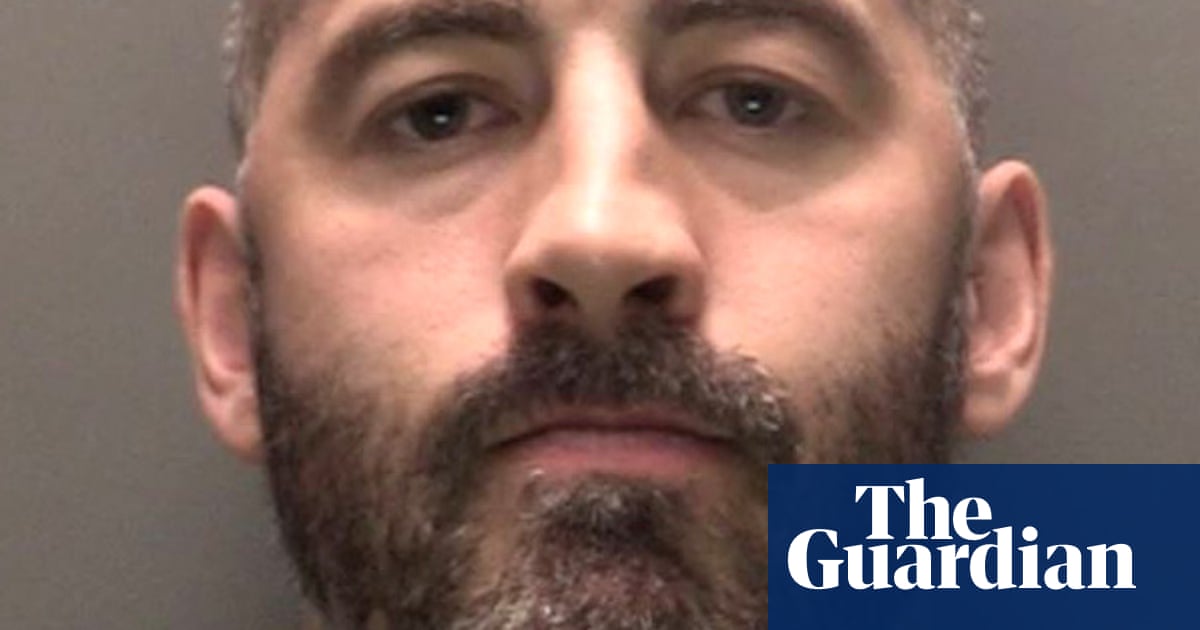A British Columbia judge has issued a rare, last-minute injunction barring a woman from accessing euthanasia after physicians in her home province refused to approve the request.
The injunction, granted to the woman’s common law partner, blocks the Vancouver physician Ellen Wiebe, or any other medical professional, from “causing the death” of an Alberta woman within the next 30 days.
The court order comes as the country remains in a fractious debate over the expansion of medical assistance in dying, or Maid. Earlier this week, Quebec became the first province to allow people to make the decision years in advance – a violation of federal law.
While official figures show the vast majority of people accessing Maid have terminal illnesses, critics worry that a small, but growing proportion of the cases reflect poverty and social inequality pushing people to end their lives.
In the British Columbia case, the injunction comes after the woman’s partner filed a notice of civil claim alleging Wiebe negligently approved the procedure for a patient who does not legally qualify, and if she were to administer Maid would “constitute a battery of (the patient), wrongful death and, potentially a criminal offence”, according to the Canadian Press.
According to court documents, the 53-year-old woman traveled from Alberta to BC to access Maid after doctors in her home province refused to grant approval.
The woman had applied for Maid citing akathisia, a movement disorder linked to changing doses of psychotropic or antipsychotic medication. The woman experienced
“distressing side-effects” after reducing her dosage of a medication used to treat bipolar disorder. Among the symptoms were “an inner sense of terror all day long, the inability to sleep at night, nightmares, the inability to lie down during the day due to a feeling of falling, the inability to sit or remain still, suicidal thoughts”.
The woman and her partner were told that the condition was treatable and that the symptoms could resolve within months, according to court documents. As a result, doctors did not approve her request for assisted death.
The woman found Wiebe and met with her via Zoom. “At the end of the first meeting, Dr Wiebe approved [the woman] for Maid,” the claim says.
Wiebe, a clinical professor at the University of British Columbia, has emerged as a fierce advocate for Maid, arguing the current laws are meant to acknowledge “basic human rights”.
The British Columbia lawsuit alleges that Wiebe did not consult with the woman’s doctors, nor did she request the patient’s full medical records. Instead, Wiebe is alleged to have only reviewed a portion of the woman’s medical records by email.
In Canada, the euthanasia framework has two “tracks” – one for terminal conditions and another where “natural death is not reasonably foreseeable”. Applicants whose medical condition is mental illness will remain ineligible until at least March 2027.
In cases where the applicant suffers from a chronic, irremediable physical condition, federal law requires that a second, independent doctor also approve the request. The lawsuit alleges that did not happen in the case of the Alberta woman.
Wiebe declined to comment.
In his ruling, Simon Coval, a BC supreme court justice, said the woman appeared to have a mental health condition with no physical ailment. He said he approved the request because the case was “clearly a situation of extreme irreparable harm” if she followed through on her plan to die on 27 October.
Coval acknowledged the injunction “is a severe intrusion” into the woman’s personal and medical autonomy.
“I can only imagine the pain she has been experiencing and I recognize that this injunction will likely make that worse,” he wrote. But he questioned whether the Maid standards were properly applied, given that her condition “may not only be remediable, but remediable relatively quickly”.

.png) 2 months ago
19
2 months ago
19













































